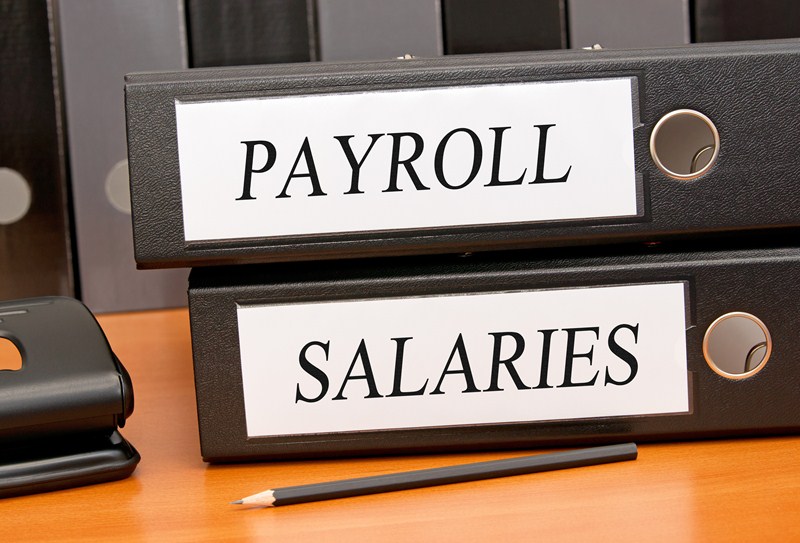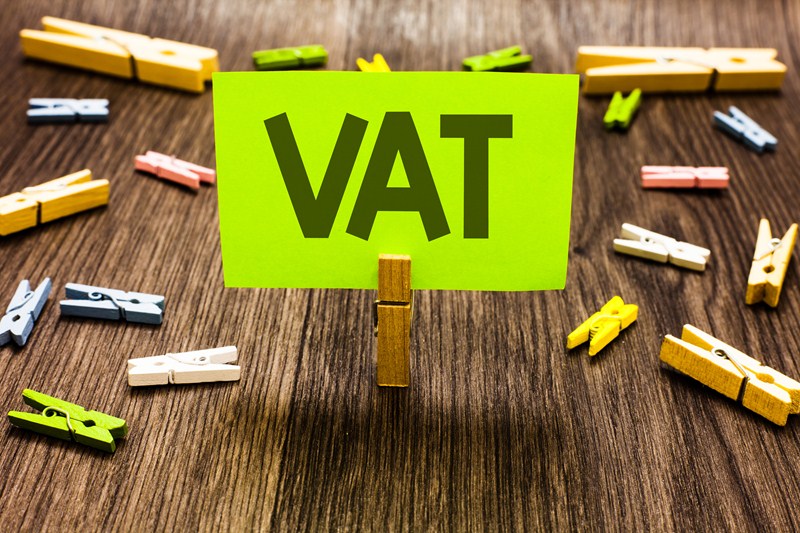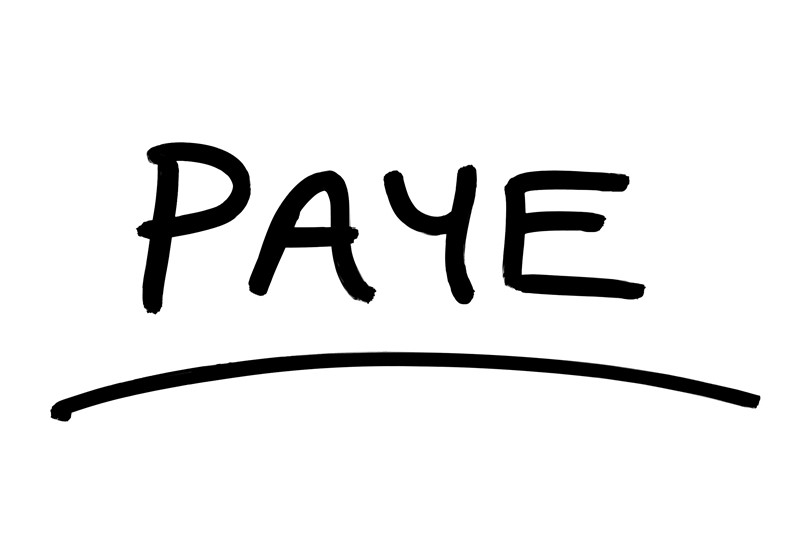A reminder of the changes to Scottish Income Tax rates for the 2024-25 tax year. It was announced as part of the Scottish Budget measures that a new tax band called the advanced rate band will apply a 45% tax rate on annual income between £75,000 and £125,140 and would come into effect from 6 April 2024.
In addition, 1p was added to the top rate of tax and the starter and basic rate bands were increased in line with inflation (6.7%, based on Consumer Price Index from September 2023). There were no changes to the Starter, Basic, Intermediate and Higher tax rates and the Higher rate threshold was maintained at £43,662. The measures are expected to raise an additional £1.5 billion in Income Tax revenue.
The Scottish rates and bands for 2024-25 are as follows:
| Starter rate – 19% | £12,571 – £14,876 |
| Basic rate – 20% | £14,877 – £26,561 |
| Intermediate rate – 21% | £26,562 – £43,662 |
| Higher rate – 42% | £43,663 – £75,000 |
| Advanced rate – 45% | £75,001 – £125,140 |
| Top rate – 48% | Above £125,140 |
The standard personal allowance for 2024-25 remains frozen at £12,570.












